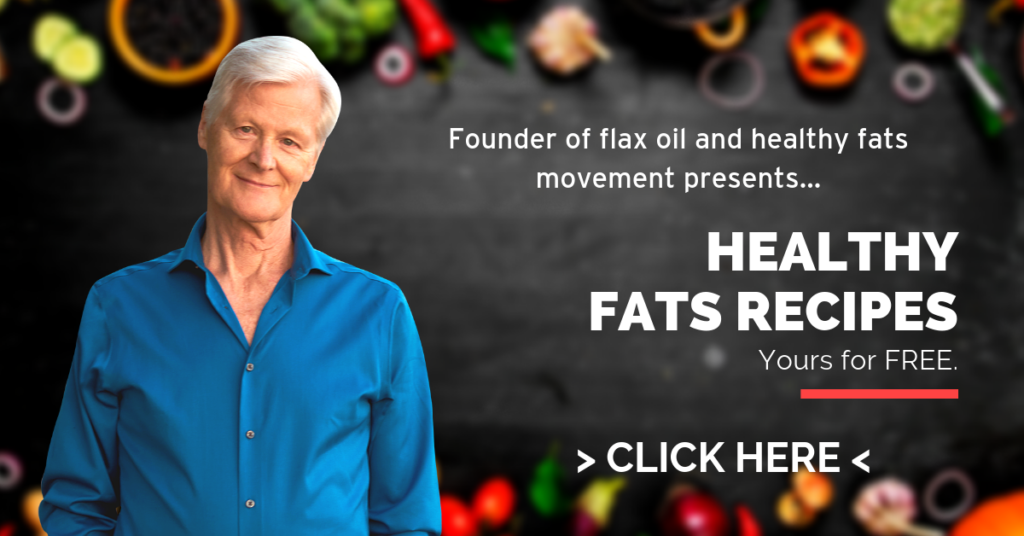The Sugar-Fat Connection, Part 2: Excess Glucose

In the last article, we discussed how sugars and starches can keep us healthy and make us sick, and can even kill us.
Children who lead inactive, TV-addicted lives while consuming popular, sugar-laden, nutrient-poor junk food diets often have weight and cardiovascular problems beginning at an early age, and may already have severely blocked arteries by the time they become teenagers. How does this happen?

Refined sugars need no digestion and are absorbed rapidly. They lack the cofactors, and our body cannot burn them properly. Glucose floods our blood and cells. High blood glucose is a dangerous condition that can result in diabetic sugar shock (hyperglycemia), coma, and death. Such a condition must be prevented.
Our body deals with excess glucose in two ways:
1) It stores excess glucose from times of feasting – as fat – for use in future times of famine. This economical method, designed by Nature during a past of regular food shortages, is maladaptive in affluent, developed nations.
2) It spills excess glucose into our urine (a common symptom of diabetes). Our body uses this method only if the first method fails, due to overload or failure of sugar-regulating mechanisms.
Nature did not equip our body to deal with continued excess. We must therefore avoid the health problems caused by consuming excess refined carbohydrates by making wiser food choices, eating only when we are hungry and stopping when our hunger is satisfied (even if our plate is not empty); working off caloric indulgences by physical activity; and/or examining our psychological reasons for overeating.

If we have made poor food choices, stuffed ourselves on refined sugars, and overloaded on glucose, our body responds in the following way: high blood glucose triggers our pancreas to secrete insulin, which moves glucose into our cells. Here, glucose is fed into the energy-producing (Krebs) cycle within the mitochondria in our cells.
Glucose in excess of our cells’ energy requirements stimulates the production of fatty acids. Three fatty acids, hooked to a glycerol molecule, make a fat molecule (triglyceride). These fat molecules are deposited in our cells and organs, or transported by our blood to fat (adipose) tissues for storage. Sugar consumption leads to high blood triglyceride levels, which are associated with cardiovascular disease.





